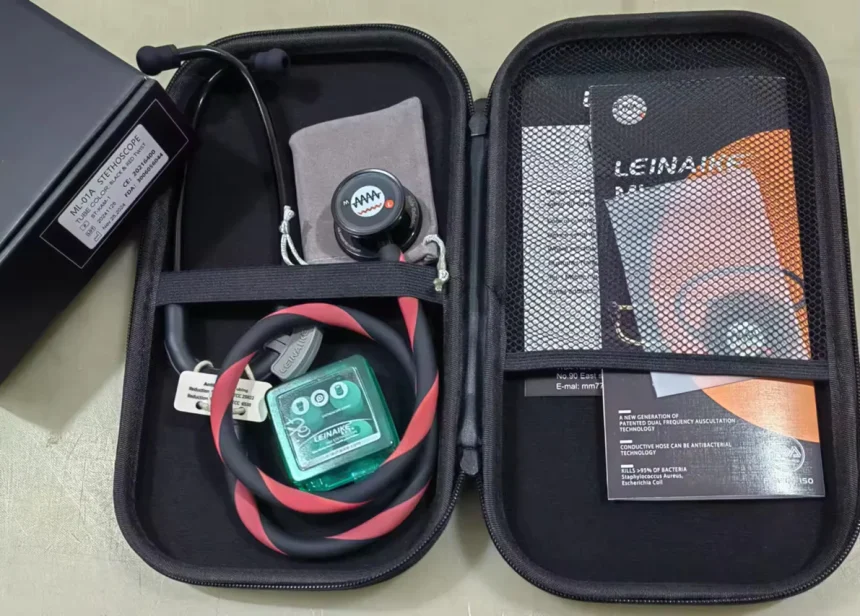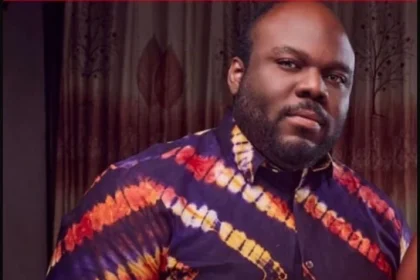Last Tuesday, my friend Sylvanus Ametepe called late at night — his wife had gone into labour at a major hospital in Accra. She was young, strong, and full of life. Hours later, she was gone. The doctors said they “did their best.” The baby didn’t survive either. Two lives — erased in one night — by a system that has learned to apologise, but not to change.
Across Ghana, this story keeps repeating. At Korle Bu Teaching Hospital, reports have shown over 600 maternal deaths per 100,000 live births. Mothers go in to give life and never return. Babies die in incubators because the power went off. Patients die of asthma because the oxygen cylinder was empty. A young man dies of appendicitis because the surgeon wasn’t on call. And unless you have money or influence, your chances of survival shrink drastically. The middle class in Ghana lives longer not necessarily because they are healthier — but because they can pay for better care, medication, and attention that the poor cannot afford.
The law is clear. Under Ghana’s Torts Act, 1958 (Act 75) and the Medical and Dental Council Act, 1972 (NRCD 91), every health professional owes a duty of care to patients. When that duty is breached, it is negligence. Yet lawsuits are rare. Many families cannot afford legal fees; others fear stigma. Even when cases are filed, it’s difficult to succeed — because medical evidence is hard to obtain, and doctors rarely testify against fellow practitioners, even when errors are obvious. The system protects itself, not the patient.
A few have fought and won. In Asantekramo alias Kumah v. Attorney-General (1975), a woman who lost her leg due to negligence at Komfo Anokye Teaching Hospital succeeded — the State was held liable. In 2022, the 37 Military Hospital was ordered to pay GH₵1,075,000 in damages after a negligence case that led to a woman’s death in childbirth. These are rare flashes of justice in a long night of silence.
The shortage of specialists makes matters worse. In some fields, Ghana has as few as three active experts nationwide, many nearing retirement. If one must appear in court, dozens of patients lose access to care. Justice and treatment have become uneasy rivals in a broken system.
To change course, Ghana must act boldly. We need independent hospital audit boards that publicly review every maternal and neonatal death. We need digital medical records so evidence cannot vanish. We need fast-track negligence tribunals with medical experts sitting beside judges. We need mandatory hospital insurance to ensure victims are compensated fairly. And above all, we need a national charter on patient rights — enforced, not framed.
It is unacceptable that in 2025, people still die from malaria, or infections that cost less than ₵50 to treat. These are not acts of God — they are failures of duty, and accountability.






